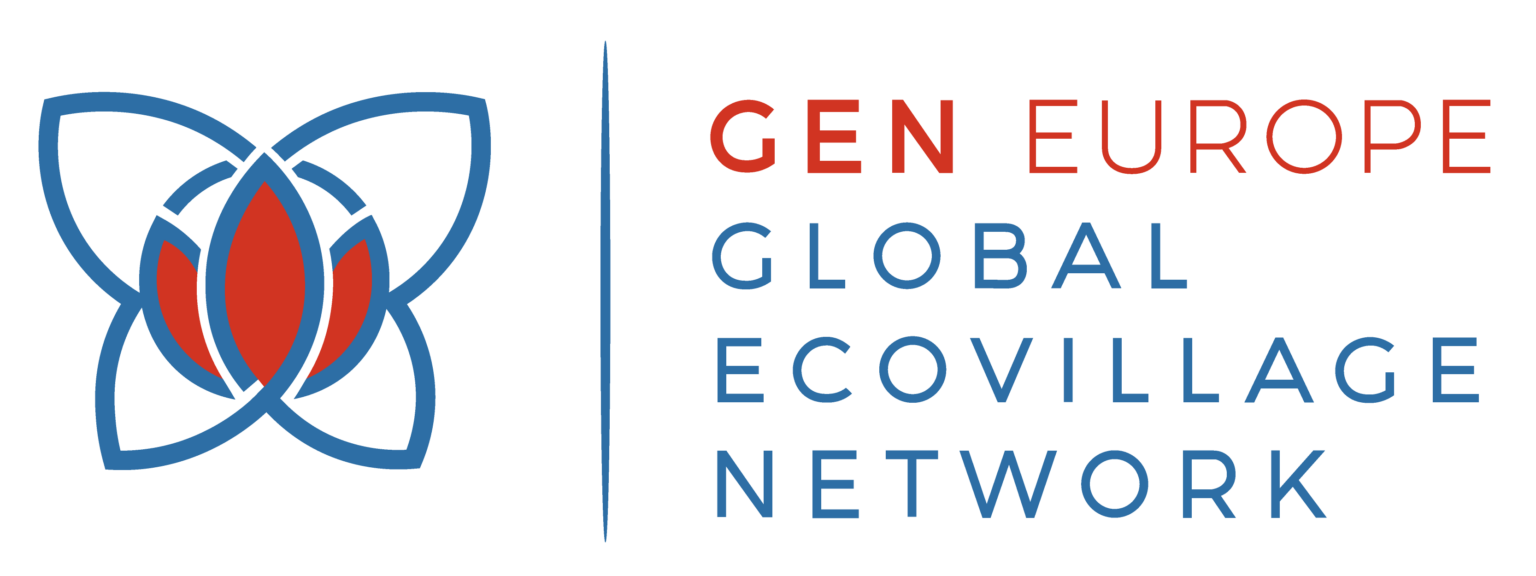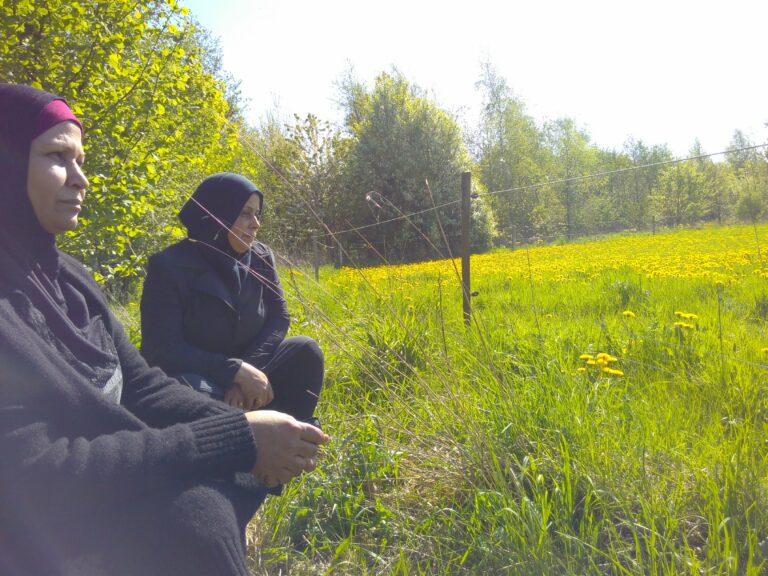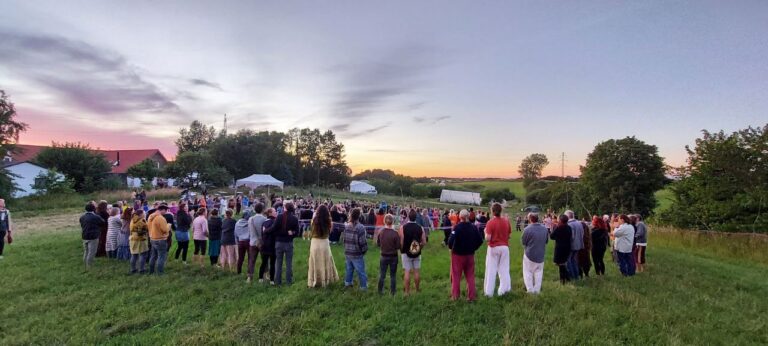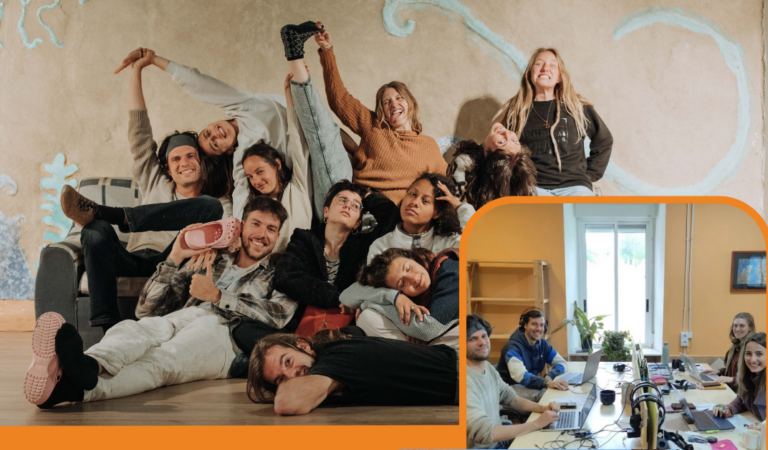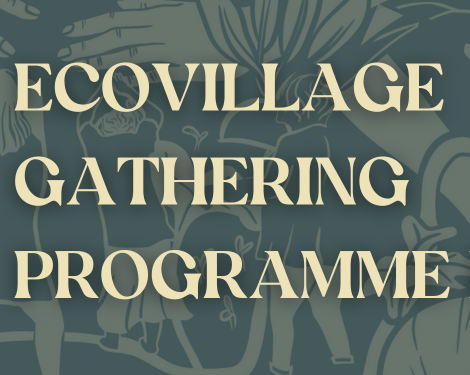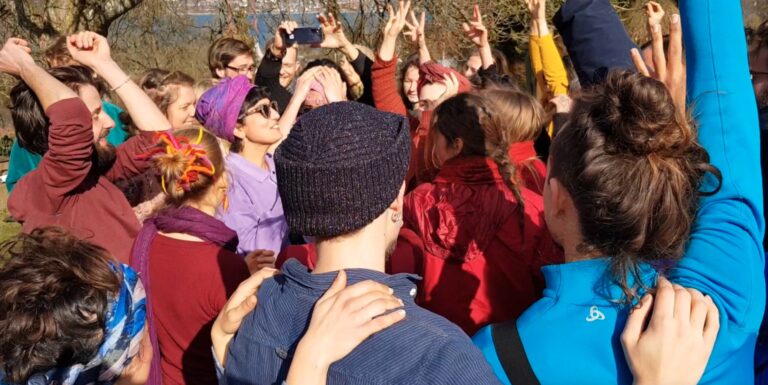Introducing the Living Library
The importance of sharing knowledge in the journey to a regenerative living system.
The Living Library is a collection of inspiring people with diverse backgrounds and expertise, covering various topics related to ecovillage life. It provides a platform for people to connect with individuals who can provide insight, knowledge, and advice on a range of topics related to ecovillage life. The project is built on the belief that there is a lot of knowledge and experience within the network that can be shared and leveraged for the benefit of all. By accessing the Living Library, you can learn about regenerative agriculture, low-tech solutions, inner work, sociocracy, and many other topics! This project not only provides access to knowledge and experience but also fosters connections and builds community within the ecovillage movement.
The Living Library is unique in that it covers all four dimensions of sustainability: ecology, social, cultural, and economic. This holistic approach recognizes the interconnectedness of these dimensions and the importance of addressing them together to create sustainable and resilient communities.

MEET THE LIVING BOOKS
Ecology Dimension: Transforming soil and the beauty of working with nature rather than against it.
Achim Ecker’s work with Terra Preta, also known as biochar, is an important contribution to the ecological dimension of sustainability. Terra Preta is an ancient technique that involves mixing charcoal with organic matter to create a soil amendment that enhances soil fertility and structure. By using local resources for its production, Achim demonstrates the importance of sustainability in ecovillage practices.
Riccardo Clemente is another inspiring individual featured in the Living Library who shares his expertise in natural building. His philosophy is to build structures as close to the ground as possible, with minimal environmental impact employing traditional building techniques to create sustainable, durable, and comfortable living spaces. He emphasizes the importance of using natural materials such as wood, clay, and straw, which not only have a lower carbon footprint but also provide better insulation, making buildings more energy efficient! Clemente’s approach to natural building is both practical and aesthetically pleasing, with a focus on simplicity and beauty.
The Living Library’s emphasis on ecology and sustainable living is particularly relevant in the current context of climate change and environmental degradation. By sharing knowledge and experience related to soil fertility, natural building, and other ecological practices, the Living Library provides valuable resources for individuals and communities seeking to live more sustainably.
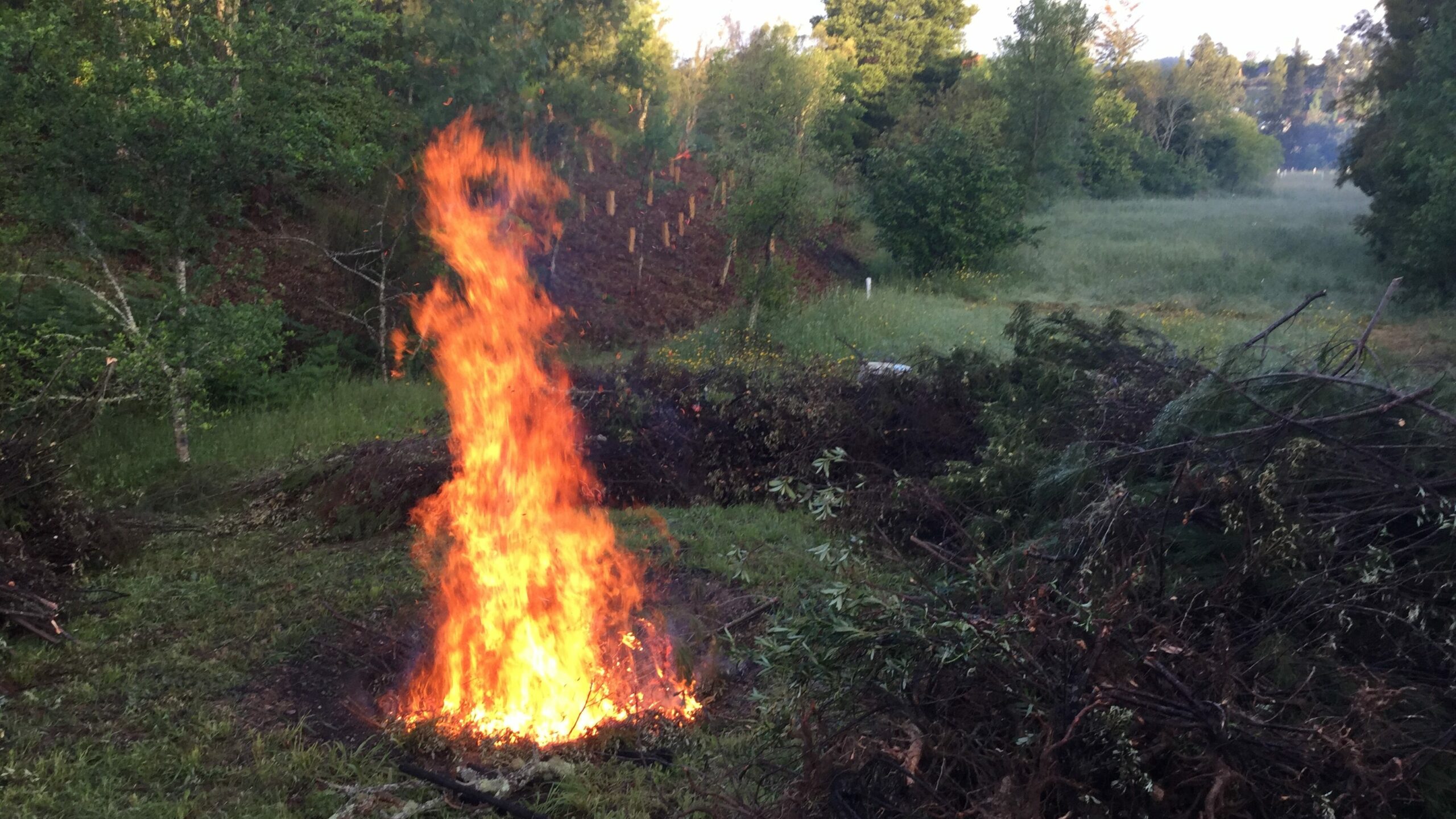
Creating a Regenerative Living System: Justice, Equity and Education in Ecovillages.
The social and cultural dimensions of sustainability also play a critical role in creating a more sustainable world. For instance, Robert Hall emphasizes the importance of creating love-based, empathetic communities that are grounded in shared values and a sense of care and responsibility for each other and the natural world. By cultivating these qualities, we can build stronger and more resilient communities that are better equipped to navigate the challenges ahead.
On a similar note, by taking action through education, Riccardo de Amici guides youth through their ecovillage journey, helping them develop essential community values such as commitment, effort, and trust. He emphasizes the importance of focusing on learning, as this is empowering and can help youth develop the knowledge and skills’ they need to influence others and make a positive impact in the world.
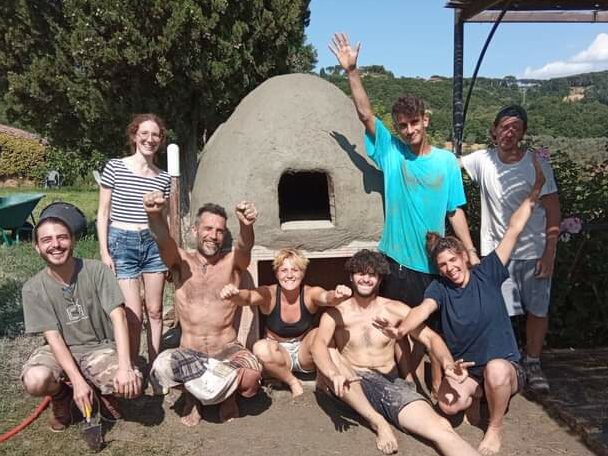
Another expert featured in the Living Library is Nontokozo Sedibe-Sabic. Her work highlights the critical role collective healing plays in social and environmental justice. This means acknowledging and addressing the traumas and injustices of the past and working to heal and reconcile such wounds. In her “Living book”, Nontokozo emphasizes the importance of centering marginalized voices and perspectives in sustainability efforts, recognizing that these communities are often the most impacted by social and environmental challenges.
When we work holistically with all four dimensions of sustainability – Ecology, Social, Cultural and Economy – we can transform “business as usual” into a regenerative – living – system. In her Living Library book, A’ida Shibli shares her experience growing up in occupied Palestine and her journey into the ecovillage movement. She talks about the importance of fostering social justice and equity, promoting cultural diversity, and protecting indigenous knowledge and traditions. A’ida sees ecovillages as a tool for hope and transformation and emphasizes the importance of rooting ourselves in our own indigenous, native, and local knowledge.
Overall, the Living Library is an exciting initiative that offers a unique opportunity to access knowledge and expertise related to ecovillage life. It provides valuable resources for individuals and communities seeking to live more sustainably. By connecting people to experts in the ecovillage movement, the Living Library fosters knowledge-sharing and community-building, contributing to a more sustainable and resilient future.
HOW DOES IT WORK?
We currently have eight interviews available for everyone to listen to and find inspiration from on our gen-europe forum! If you wish to rent a book for a 1-hour long consultation with our ecovillage experts, you can contact them via our consultation form.
By becoming an individual member, or if you already are one, you will get a voucher for a consultation as one of our membership benefits!
We hope you enjoy this new project and find inspiration from it.
